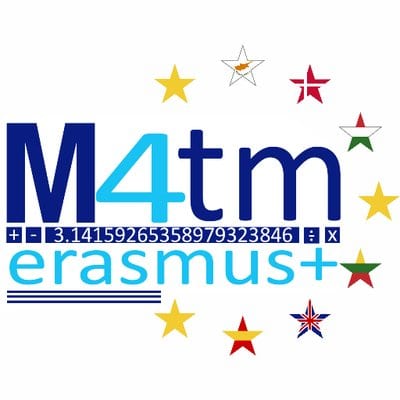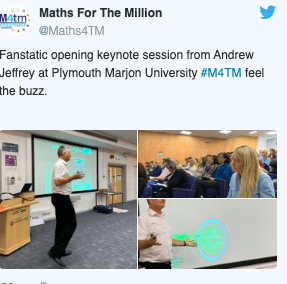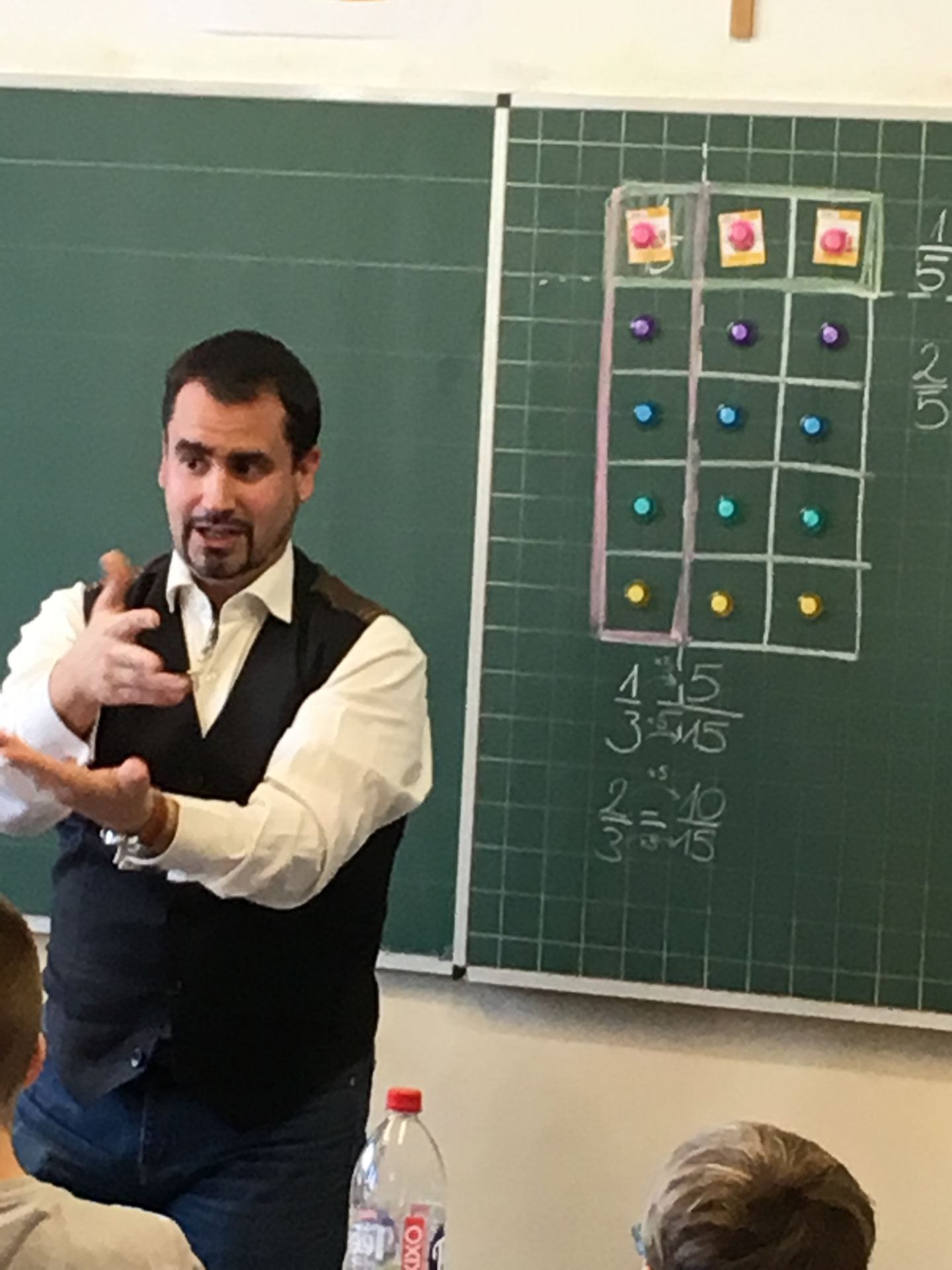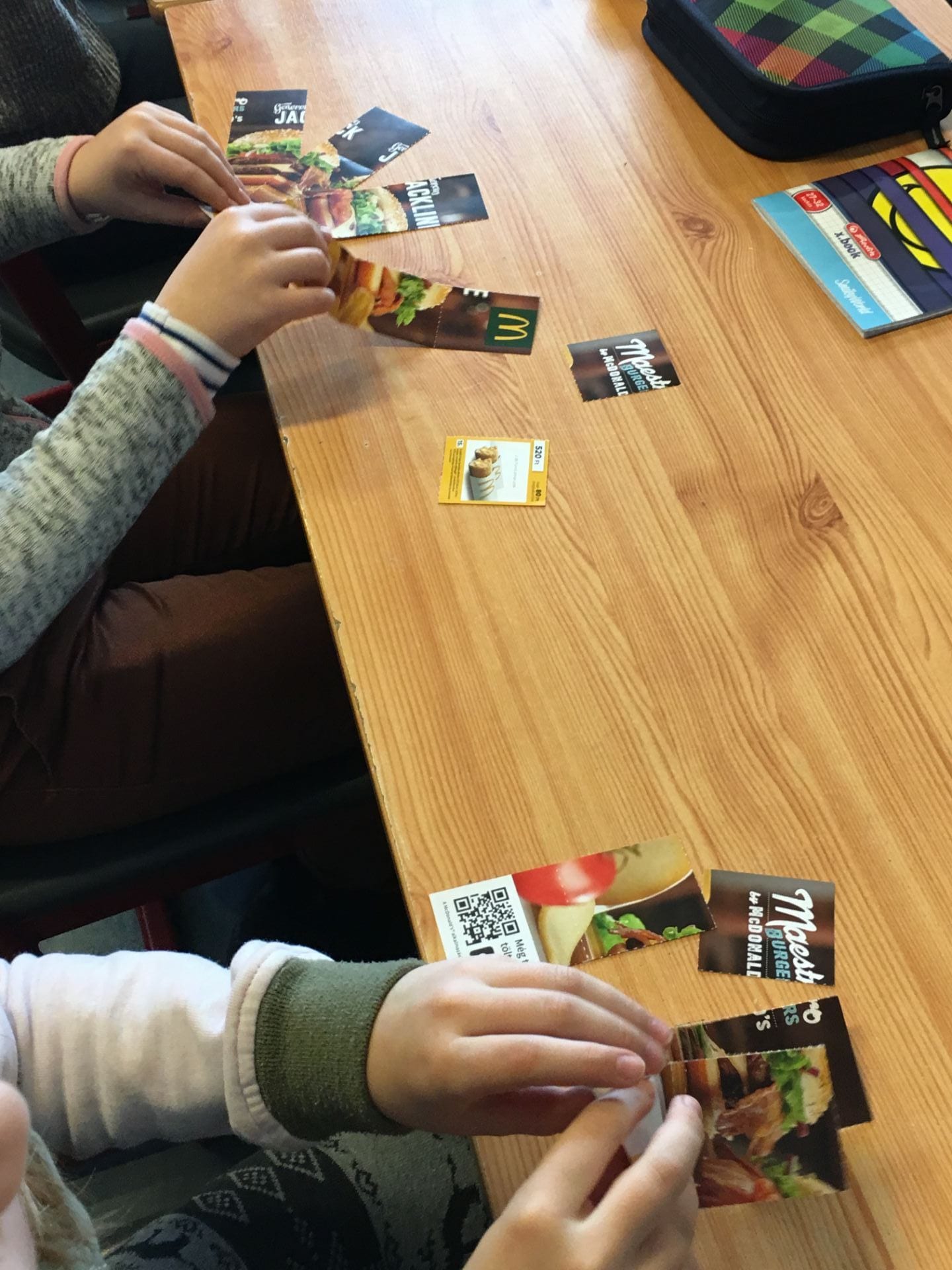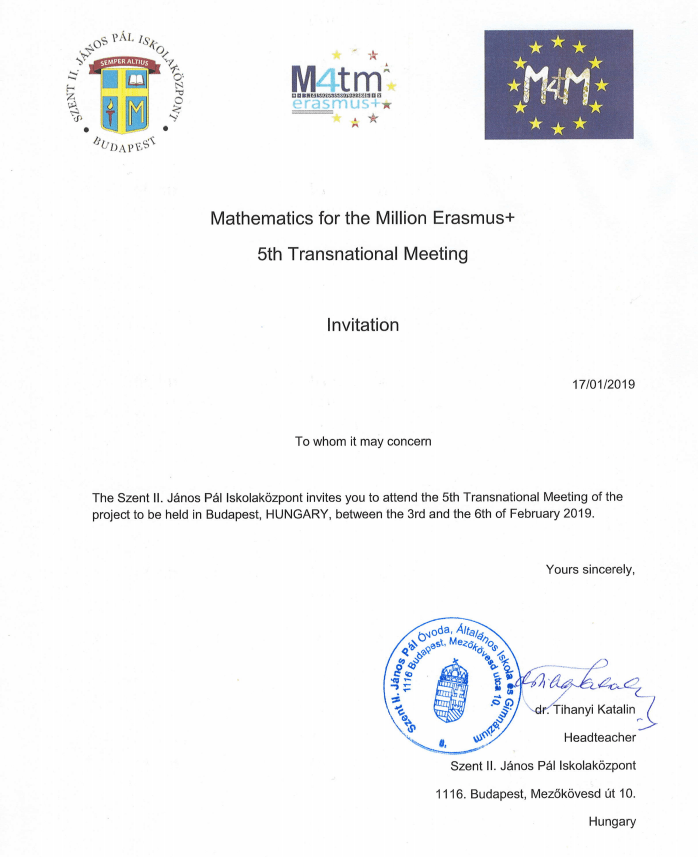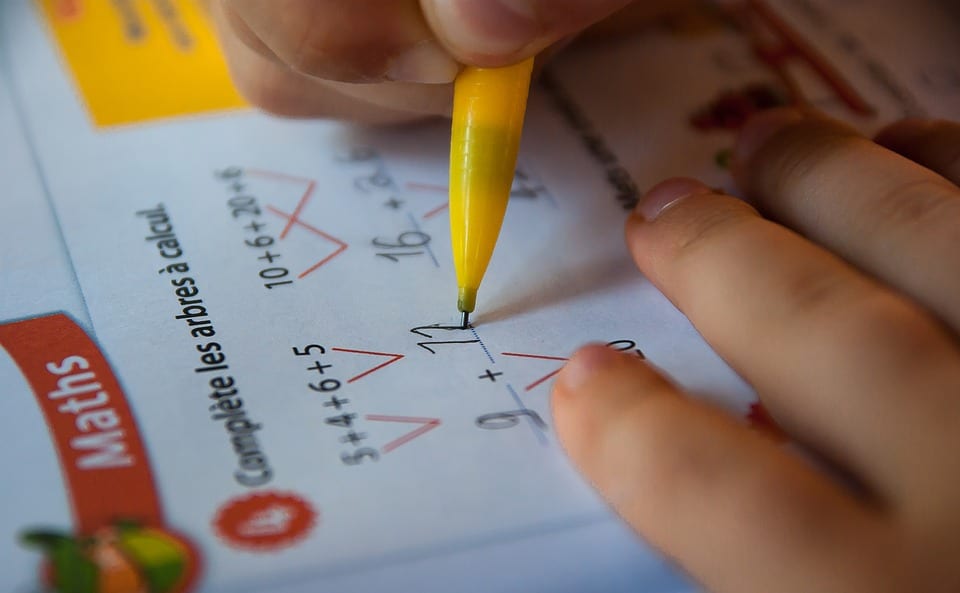One of the teachers from our partner school – Ermington, has taken time to reflect on how through the Maths for the Million project they have used robotics to build maths skills in the primary setting. With such raw enthusiasm for technology, who wouldn’t want to harness children’s enthusiasm for coding and computing in a purposeful way.
“I love this!”
The words of a pupil using a robot to complete a circumference-related task.
What teacher wouldn’t feel swelling pride to hear these words used in a lesson, particularly when it comes to maths. This, of course, has been the driving ambition behind Maths for the Million: to positively address maths teaching and learning. To change mindsets, perhaps.
After encountering those magic words through the teaching of robotics in our setting, we looked at how using an interactive, “real-world” application of computing could link with core maths skills. There were many applications that came to mind:
* co-ordinates (make the robot go to a particular location on the grid)
* solve equations (program the robot to arrive at a particular solution to a calculation)
* revolution and direction
* distance measuring
* angles (making the robot turn a measured angle in degrees)
There are so many more ways to explore maths in the curriculum with robots. But then came the real learning (for us as much as the children). As we challenged the pupils to make a robot move as close as possible to 1m distance, we saw Year 6 children use the concept of circumference to calculate distance and therefore rotations needed. This ranged from trial and error to using the abstract to work it out. Because we didn’t put any “solution” to their use of the robot, the pupils themselves came up with the solutions that demonstrated an innate conceptualisation of the circumference of the wheels; though the pupils themselves may not have called this understanding “circumference”, they used the idea of how far one rotation took the robot and scaled appropriately.
As a teacher, this was a revelation in the making – we could see them learning through play, and then we applied the language and concept to their already developed understanding. Learning in the “real world” with something they could control gave the pupils purpose and allowed them to take maths off the page and into reality.
Will robots be a part of our pupils’ future lives? Possibly. But I know that the joy of using them to learn will stay with them (and myself) for a long time to come.
